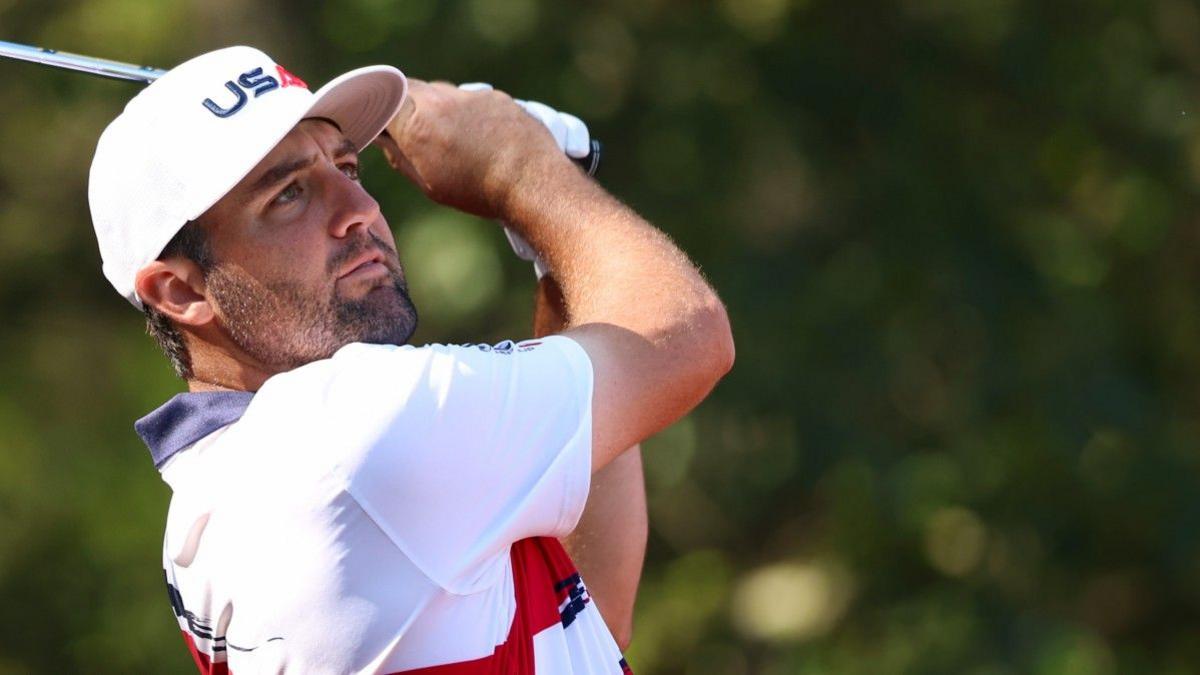 Image source, Getty Images
Image source, Getty Images
Scottie Scheffler will be making his third Ryder Cup appearance this week
ByPeter Scrivener
BBC Sport senior journalist at Bethpage
World number one Scottie Scheffler is among the players who will use money they are paid to compete at this week's Ryder Cup to do "a lot of good".
All 12 of the American players - plus captain Keegan Bradley - are being given $500,000 (£370,000), with $300,000 (£220,000) of that already put aside as a charitable donation.
It is up to each player to decide what to do with the extra cash.
Since 1999, US Ryder Cup players had been given $200,000 to donate to charity. Their European counterparts do not receive any money.
Bradley, who said he would be giving all his money to charity, defended the extra payment to players when he spoke to the media on Monday.
"The charity dollars hadn't changed since 1999 and they asked me to shepherd their way into making it into 2025," he said.
"We wanted to bring the Ryder Cup into today's age and we felt like this was the best way to do it.
"The players are going to do a lot of good with this money."
Scheffler - the first of the US players to speak to the media on Tuesday - told BBC Sport that he had plans for the money, but would not share the detail.
"My wife and I like to do a lot of stuff in our local community and I've never been one to announce what we do," said the four-time major winner.
"I don't like to give charitable dollars for some kind of recognition. We have something planned for the money that we'll be receiving.
"I think it's a really cool thing that the PGA of America has empowered us to do.
"I have a deep passion for the city of Dallas, I have a deep passion for the organisations that we support at home, and I'm excited to be able to take this money and be able to do some good in our local community."
Scheffler's view was echoed by Patrick Cantlay, who works with a number of charitable foundations.
"One of the great things about these team events for me is there's always such a big charitable component to it, so I'm going to donate the money," he said.
"Hopefully someone growing up in southern California gets that opportunity and can follow their dreams as well."
Cantlay was at the centre of a row at the last Ryder Cup in Rome in 2023, when he did not wear a team cap - reportedly in protest at the lack of a personal payment.
The PGA of America said in December that "no player asked to be compensated" to play at the Ryder Cup, and on Tuesday Cantlay reiterated his stance that "the hat didn't fit, and this year we worked to make sure we had one, so we're good".
Bradley said the new payments mirrored what happens in the Presidents Cup - the Ryder Cup-style match between the US and a non-European International team.
And he defended Cantlay's decision not to wear a cap in Rome, telling BBC Sport: "We blew this way out of proportion. We got him a hat that fits, he wore it, no big deal."
Xander Schauffele, meanwhile, will also donate his extra $200,000 to charity.
"It's something that selfishly will make me feel good about what I do," he said.
"If we're able to impact some of the local communities and charities, I think that's what should happen."
Could payments backfire on US team?
Fifteen-time major winner Tiger Woods was influential in the US players getting paid before the 1999 contest at Brookline.
That charitable donation of $200,000 remained the same until the PGA of America's announced last December it had raised the payment to $500,000, with $300,000 going direct to charity.
The extra $200,000 'stipend' is $50,000 less than the players on both teams receive at the Presidents Cup, which is run by the PGA Tour.
Europe's stance has always been to not financially reward their Ryder Cup players, with Rory McIlroy previously saying he would pay for the privilege of playing in the biannual event.
When asked if a fast start by Europe this week could result in home fans' resentment over the payments, Donald replied: "That could happen.
"We all know how high the ticket prices are, averaging out at around $750 each. So it's going to be an expensive trip out for a family of four.
"If the US players are getting paid, and they aren't performing, the New Yorkers could make them know about it."

 Movie
Movie 2 months ago
156
2 months ago
156 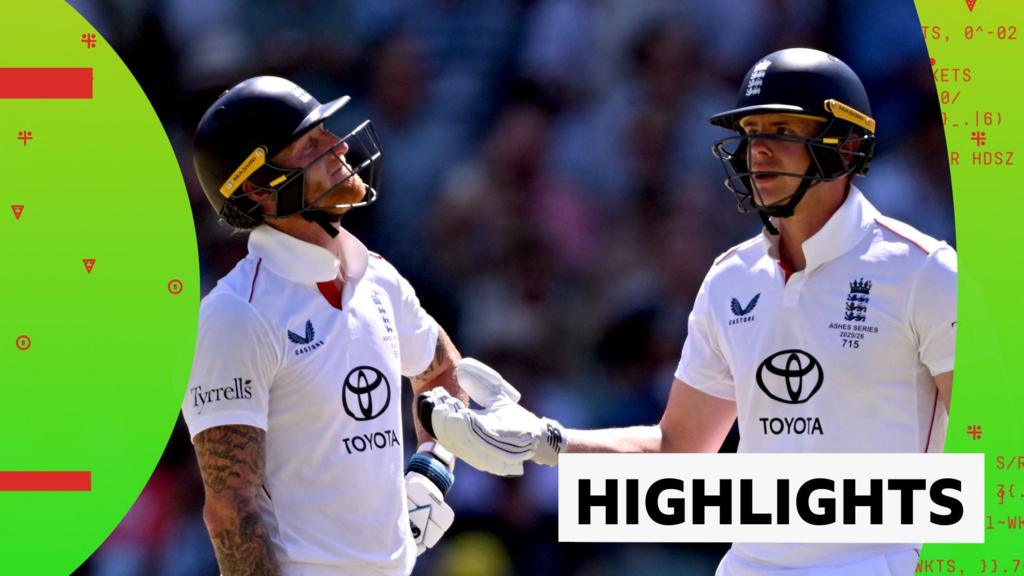
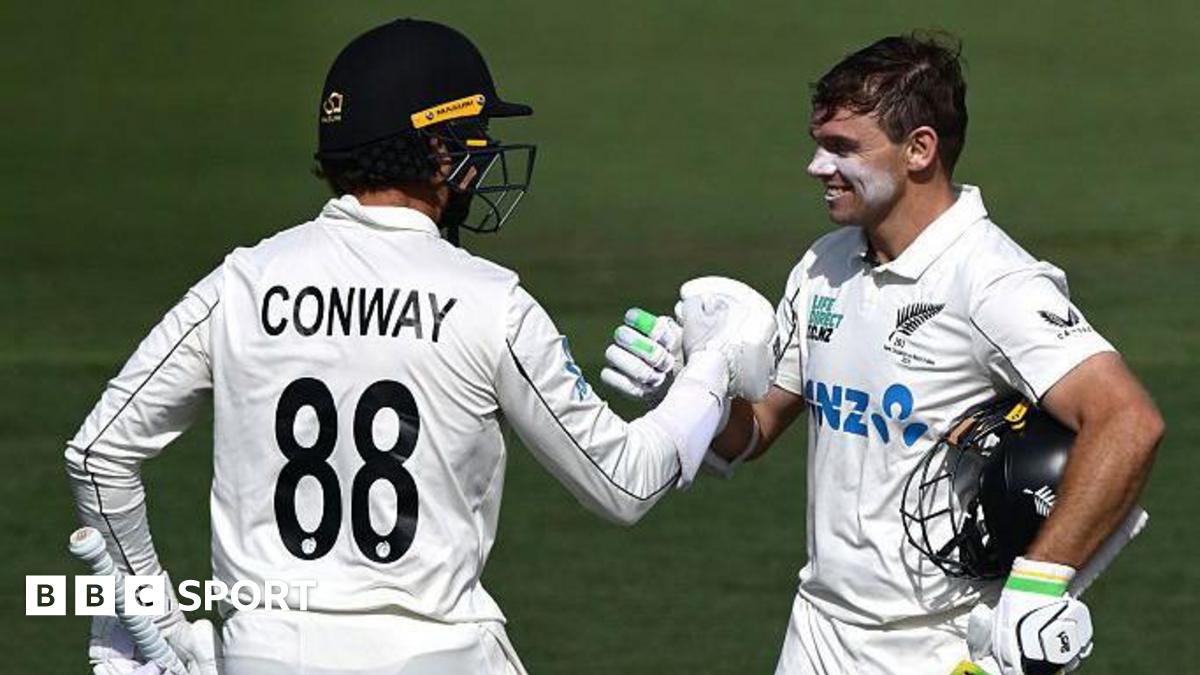
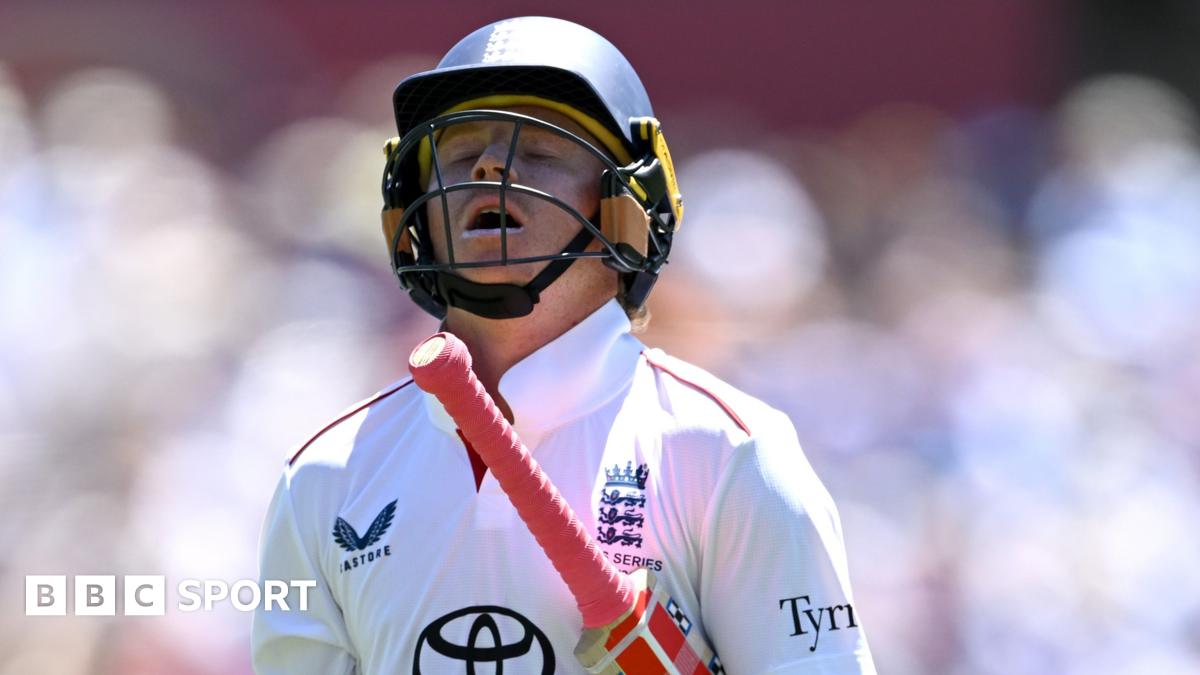

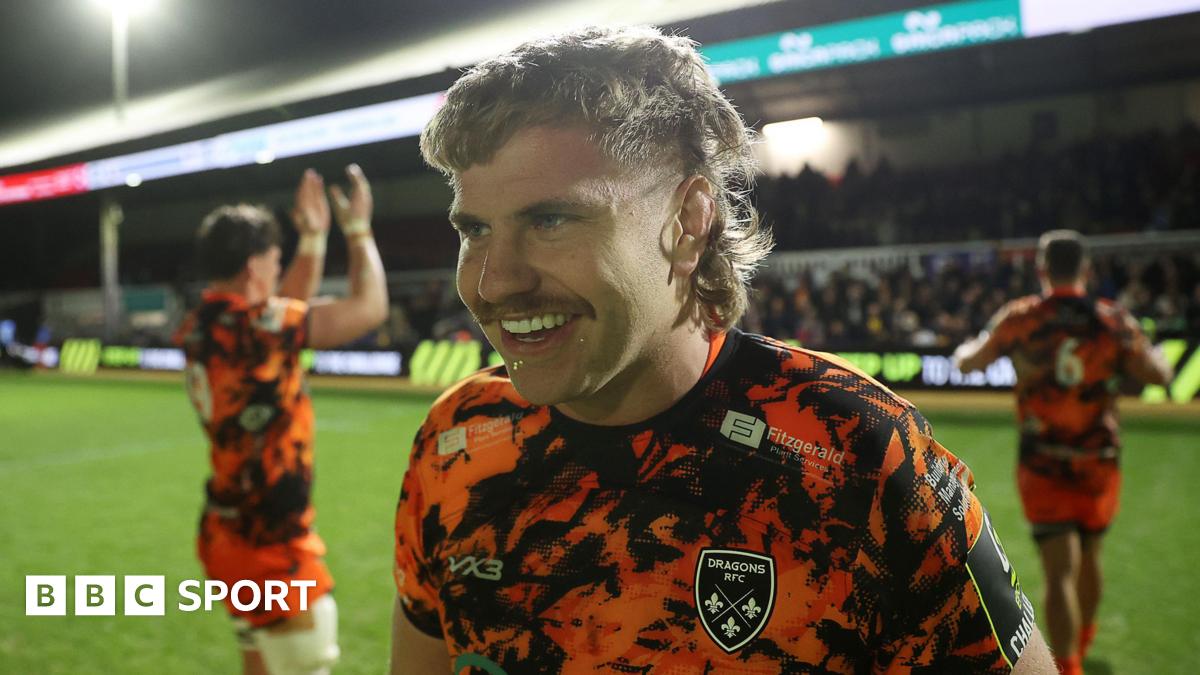
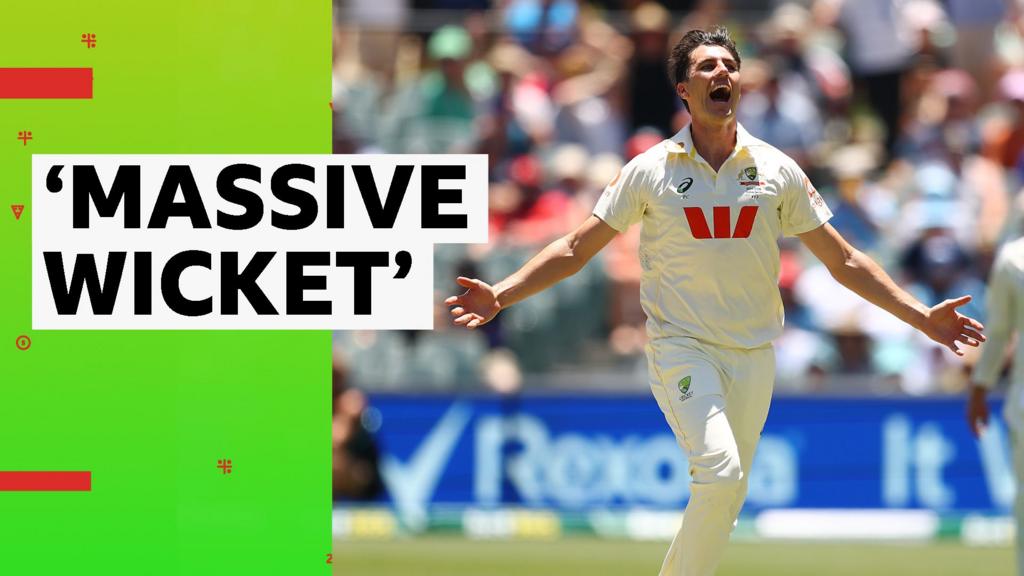
![Presidents Day Weekend Car Sales [2021 Edition] Presidents Day Weekend Car Sales [2021 Edition]](https://www.findthebestcarprice.com/wp-content/uploads/Presidents-Day-Weekend-car-sales.jpg)




 English (United States)
English (United States)